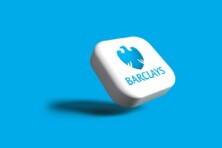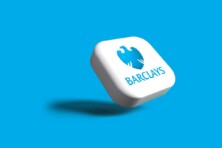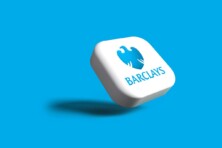Brits have experienced a significant spike in impersonation scams during the lockdown

Impersonation scams saw a 33% increase since May. Source: unsplash.com
Barclays has found that the number of impersonating scams increased by 33% since May 2020.
Besides, romance ‘catfish’ scams grew by 86%. That’s a type of scam where victims are convinced to make a payment to fake lovers they’ve met online.
Impersonation scams usually come from someone reporting to be from a utility company, a service provider, etc. They may tell the victim to make urgent payments or try to obtain personal data.
As to the romance scams, the happen when a person joins a dating website or app looking in the hope of finding a partner. When they finally meet somebody online who seems very keen on a relationship, this person starts asking to ‘borrow’ sums of money that are never repaid.
We’ve reported that scammers targeted Twitter accounts of Elon Musk, Bill Gates, Barack Obama, Kanye West, Michael Bloomberg, Joe Biden, and Apple on the 15th of July.
SEE ALSO:









